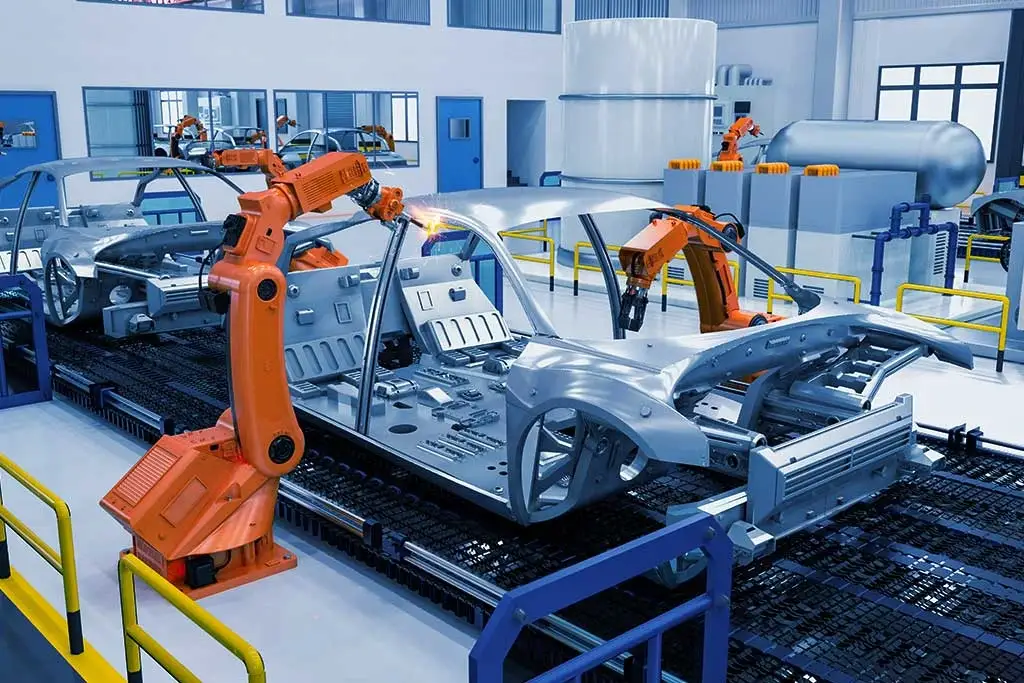Make UK’s ‘Makers’ Manifesto 2024’ highlights ambitions to boost the manufacturing sector’s proportion of UK GDP from 10% to 15% by the end of the next decade, driving an extra £142bn to the UK economy. While the manifesto points to digital infrastructure as a key driver for this growth, the UK manufacturing industry is at a crossroads when it comes to the growing complexity of infrastructure, the impact of legacy technology, and increased threat activity from sophisticated cybercriminals.
One of the key difficulties facing UK manufacturing is securing intricate global supply chains, which often involve multiple international suppliers and partners. A cybersecurity breach in one part of the supply chain can have far-reaching consequences, leading to an increased risk of data breaches and intellectual property theft.
This has prompted manufacturers to rethink their strategies and consider re-shoring suppliers. By bringing production closer to home, manufacturers are localising supply chains in an attempt to reduce exposure to cybersecurity risks associated with international partners. However, while this has the potential to enhance control and oversight over the physical production process, many of the most complex digital supply chain threats do not respect physical borders.
In the face of these challenges, UK manufacturers are investing in resilience, placing cybersecurity at the centre of a holistic approach to managing risk. This includes not only safeguarding data and intellectual property but also preparing for potential disruptions to supply chain operations.
As the industry continues to look for opportunities to invest in new tools and technologies, particularly those that will help it meet key sustainability goals, it is imperative that manufacturers navigate the increasing risks they face from the evolving cyber threat landscape.









